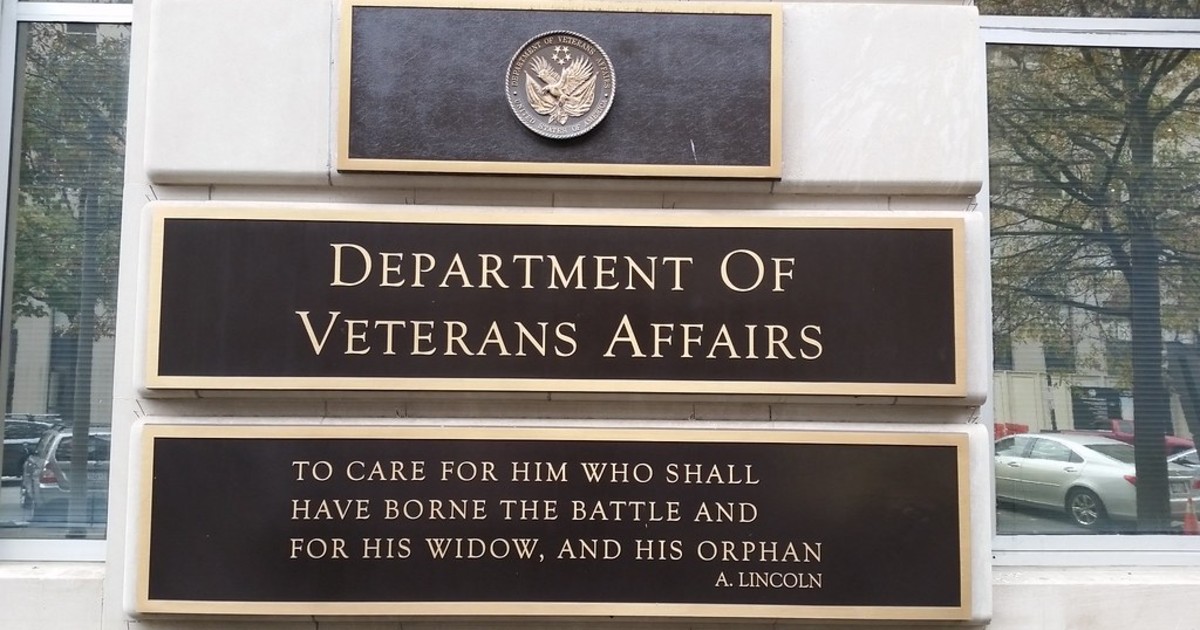
Healthcare is feeling pretty good about ICD-10 right now. With 13 months of coding under its belt, the industry did not collapse and, it turns out, implementing the new classification system didn’t hurt as much as many ICD-10 opponents warned it would.
But is it helping to enable better care?
Andrew L. Pecora, MD, chief innovation officer and vice president of cancer services at the John Theurer Cancer Center of Hackensack UMC raised some questions about the codes’ effectiveness.
Whereas ICD-9 codes offered an inadequate view of disease — perhaps most notably when it comes to distinguishing disease types — Pecora writes that ICD-10 codes don't offer much more information about diseases except where they affect the body.
His view is that ICD-10 coding does not lead to the correct therapy or treatment or even eliminate adverse variance in care.
Maybe ICD-10 coding was not meant to address Pecora's concerns. Either way, physicians who aren't fans of granularity in coding systems are not going to be thrilled.
“It was Yogi Berra who said that when you come to a fork in the road you should take it,” Pecora wrote in a post on OncLive. "How about we stick a fork in ICD-10 and give physicians and payers a coding system that provides a proper lens to see the truth?"
This blog originally appeared on Healthcare IT News sister site ICD10Watch.
 Healthcare IT News Best Hospital IT Departments 2016:
Healthcare IT News Best Hospital IT Departments 2016:
⇒ Meet the winners
⇒ CIOs talk emerging tech's with biggest potential
⇒ Post-EHR era: Bunk buzzword or almost here?
⇒ CIOs share secrets of managing a happy health IT team
⇒Interactive map: Best Hospital IT Departments
⇒ Gallery: The people behind winning IT shops


